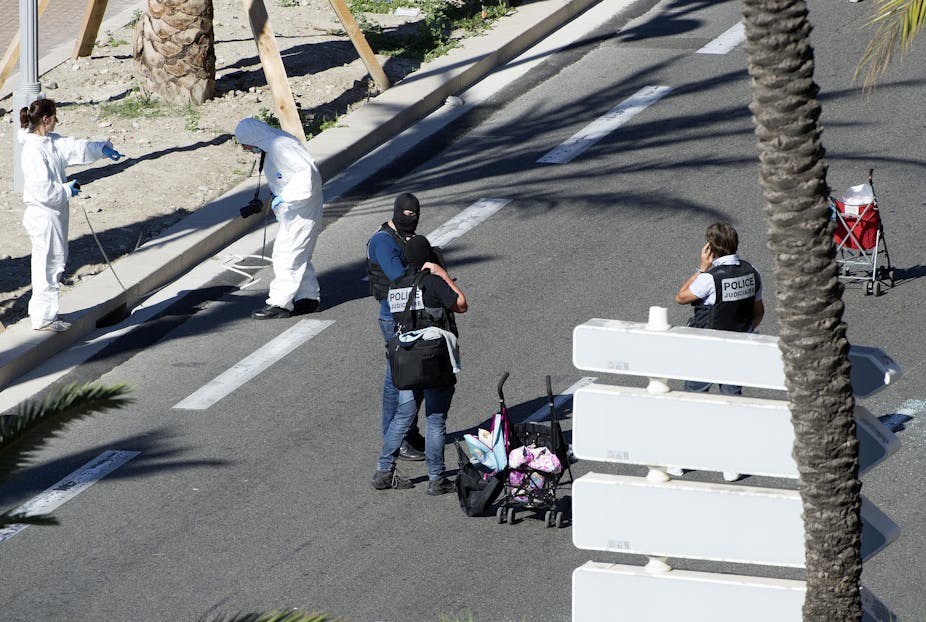France has paid witness to another terrorist massacre, this time when a man ploughed a lorry 2km down the Promenade des Anglais in Nice during the July 14 Bastille Day celebrations. Already 84 people have been confirmed dead, while 50 more are critically injured. In response, the French authorities extended the temporary state of emergency imposed after co-ordinated attacks in Paris killed well over 100 people in November.
This is a devastating blow after a period of relative calm. In the last few weeks, France successfully held the Euro 2016 football tournament without any terrorism-related incidents. Clearly intelligence-gathering and exchange between the security service and the police plays an integral part in preventing terrorist attacks, and for the European Championships, the EU’s policing agency, Europol, assigned hundreds of extra staff to speed up the flow of intelligence to the French security and police forces.
Then there’s the state of emergency imposed after the horrific events of last November, which was due to expire later this month. This decree gives the security service and the police increased powers of search and arrest to help them prevent terrorist attacks. The high number of arrests in France since the November attacks showed how effective these powers have been, and the activities of terrorist cells have reportedly been seriously disrupted and their capability degraded.
Reports are still coming out about the driver of the lorry, as Mohamed Lahouaiej Bouhlel. He apparently had no previous convictions for terrorism-related offences, only “petty crime”, and as yet there has been no indication that he was closely involved with radical Islamist groups. Islamic State has so far not claimed the attack.

If “lone-wolf”, low-tech attackers such as Bouhlel are the sorts of threats they face, the agencies of the state face an almost impossible task even when they’ve had their powers extended, as they have under the state of emergency.
Ultimately, the critical problem raised by the events in Nice can be boiled down to one question: how was someone able to drive a lorry through a packed crowd until he was forced to stop and shot by the police? This defeats the central aim of the state of emergency: to stop attacks by enabling the security and police agencies to arrest suspects before they can make put their plans into action.
We did see how effective these powers can be prior to and during the European football tournament, where liaison between French and Belgian police led to a number of arrests. Tens of thousands of personnel were deployed, and the main security problem at the games was ultimately not terrorism but fan violence.
The tragic events in Nice recall the saying by the Provisional IRA after the 1984 Brighton bomb, which nearly killed the then UK prime minister, Margaret Thatcher: the state has to be lucky 100% of the time, whereas the terrorist only has to be lucky once. Tragically, this time, the state was caught out.

